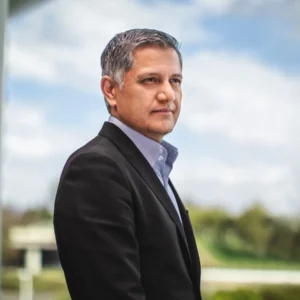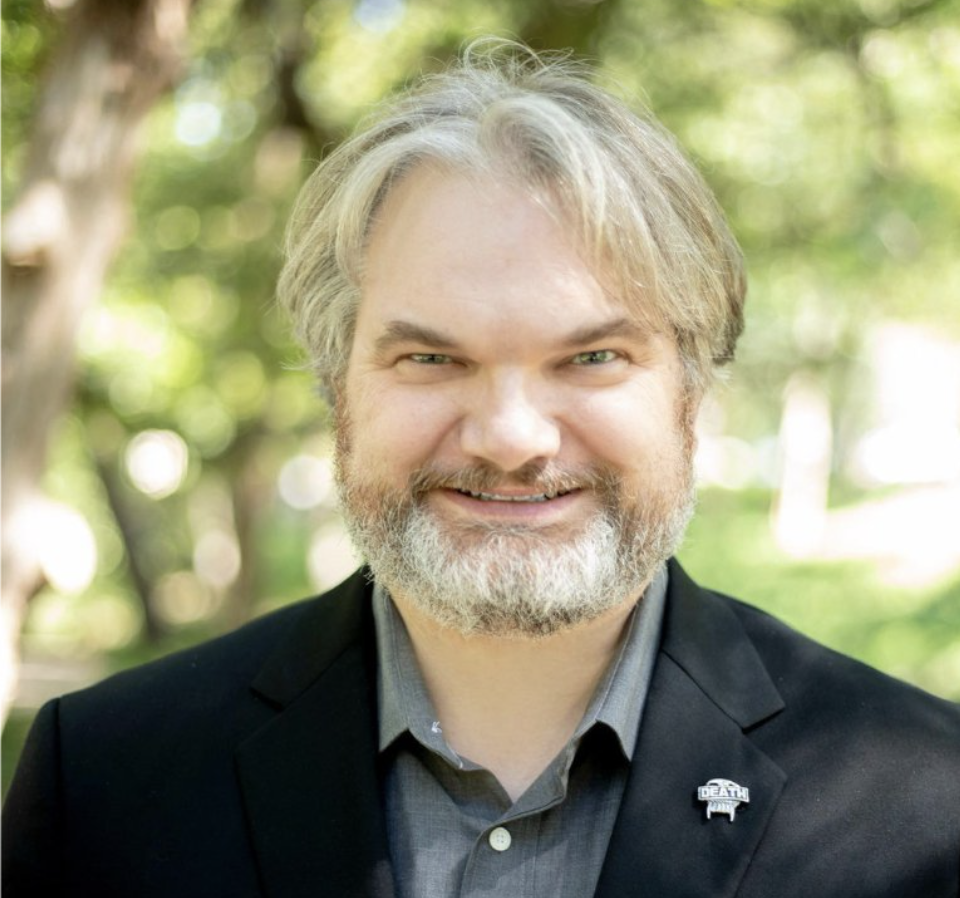As the proxy battle for control of the groundbreaking medical technology company Masimo draws to a close, it shines a spotlight on one of the fundamental issues in American business today: the importance of an independent board that promotes accountability and transparency.
It is a matter of keen interest to shareholders, as well as outside monitors like the Institutional Shareholder Services group (ISS) at a time when corporate governance and ethical practices are under increasing scrutiny.
The high-stakes conflict with Masimo pits its founder against a prominent activist investor known for aggressive tactics on Wall Street. Initially formed in 1989 by Joe Kiani in his garage, Masimo has become a multi-billion-dollar industry giant thanks to its oximeter technology that transformed patient monitoring and healthcare outcomes. It was named one of the most innovative companies in North America this spring.
Now Kiani, who serves as Masimo Board Chair, is facing off against Quentin Koffey of Politan Capital Management in a battle not only for Masimo’s leadership but also the broader dynamic of corporate governance and shareholder activism in the med tech industry. Truly independent boards serve as a check to executive power and play a crucial role in reassuring shareholders that decisions are made with their best interest at heart and free from conflicts of interest.
The struggle over Masimo has been ongoing for more than two years.
Koffey and Politan bought nine percent of Masimo in May 2022. It was three months after the medical tech firm’s stock fell in the wake of its $1 billion purchase of Sound United. A year later, Koffey was installed on the board of directors. Since then, Koffey and Kiani have tangled over plans to spin off Masimo’s consumer business.
Koffey and Politan claimed in late June that the board serves Kiani’s whim, never sees a budget, and that share prices underperform on the market – claims that Masimo’s leadership and even some outside observers have dismissed as little more than exaggerated rhetoric meant to portray Politan as white knights coming to rescue the company.
Current members of the Board of Directors, including ex-Walt Disney CEO Bob Chapek, have accused Koffey and Politan of launching an attempted takeover. They say Politan created an adversarial environment on the board that drove away two independent members. Masimo has also argued that Politan has provided stockholders with “inaccurate, incomplete and misleading information in an effort to gain control of Masimo.”
And in a sign of the turmoil Politan’s effort has created in the company, Masimo’s longtime COO announced his planned resignation if Kiani was forced out, while nearly 300 engineers in Masimo’s healthcare division recently warned a departure by Kiani, who is also an engineer, would be a staggering blow to the company.
Adding to the concerns about Politian’s bid is what critics describe as a business plan the firm released that is limited to three objectives: installing a current Politan backed board member as interim CEO, conducting a number of ‘reviews’, and exiting the consumer audio business, a move the company says it has already been working towards.
Politan argues that outsiders must be brought into the board of directors to provide accountability. Masimo, in turn, questions the independence of Politan’s nominees, suggesting they would put Koffey’s interests ahead of the company’s.
The contrasts in the two approaches — legacy management vs. shareholder activism — is reflected in the proposed board members offered by each side.
Politan’s nominees are Dr. Darlene Solomon, who spent 39 years at Agilent Technologies, Inc.; and William Jellison, a former medtech industry executive who now touts his work in private equity and investment management.
In fact, Jellison was recently nominated by another activist investment firm, Caligan Partners, to serve on the board of another company, Anika Therapeutics, leading current board members to dismiss him as a “serial activist nominee.” He has also had a questionable record as a fiduciary. For example, he poured nearly $200,000 into investment firm Saddle River Advisors that SEC investigators later described as nothing more than a “Ponzi scheme,” according to public records.
Many existing board members are wary of Politan and question the motives of the firm’s leadership. And, they note, it’s no coincidence that Caligan Partners’ attorney also happens to be Politan’s attorney.
The current Masimo team wants to bring Christopher Chavez onto the board, former Chief Executive Officer and President of TriVascular, Inc., In a letter to shareholders, they describe Chavez as “a highly experienced and independent former CEO and director of public medical device companies.
“We invite stockholders to compare Mr. Chavez’s independence and experience with Mr. Jellison’s or Dr. Solomon’s, who are being paid by Politan,” they wrote.
So, will shareholder activist board members be “independent?” Observers say it depends on how you view the term.
For example, Chapek, a current independent member of the board, is a seasoned veteran who even Politian supporters admit is not shy about asserting himself in his role of corporate governance.
And while it’s true the Politan appointees will be “independent” of Kiani, by definition they won’t be independent of Politan or its interests.
The tale has taken unexpected twists in recent days as shareholders prepare to vote later this month on keeping Kiani on the board of directors.
In an SEC filing, Masimo revealed the company has received a nearly $1 billion offer for a majority stake in its consumer business.
And the company announced $496 million in the second quarter, beating Wall Street expectations. Most of that was due to a 22 percent jump in healthcare revenue.
Koffey accused Kiani of attempting to manipulate the upcoming stockholders’ meeting. In an email filed with the SEC, he claimed an investor friend of Kiani bought about 9.9 percent of Masimo stock, then shorted offsetting shares. Koffey intimated the action would allow the investor to vote for Kiani’s retention while not facing any risk of losing money. He demanded the shareholder vote be rescheduled to keep the investor votes from being counted.
Lead Independent Board Director Craig Reynolds disputed Koffey’s claim, saying “neither Mr. Kiani nor any other member of management or non-Politan member of the Board has ever had any agreement, arrangement or understanding related to the trading or voting of the shares in question. Observing that a large number of shares were cast in favor of Mr. Kiani and Mr. Chavez is not a compelling reason to change a properly established record date, which would disenfranchise Masimo stockholders.”
Masimo’s technology is, among other things, used by hospitals across the U.S. to monitor more than 10 million babies per year. Similar technology was approved this spring for use in homes by the Food and Drug Administration. The artificial intelligence-powered tech lets parents check the vitals of children up to 18 months and alerts them if any dangerous conditions pop up.
ISS is expected to announce its decision in the coming days.





